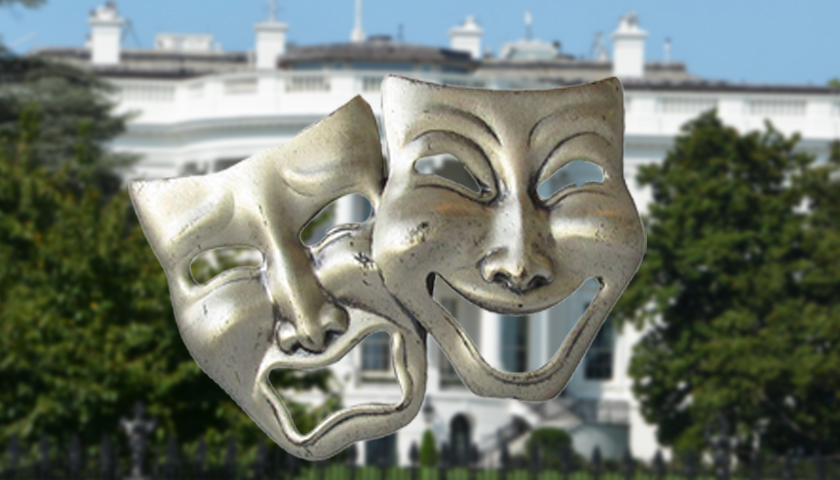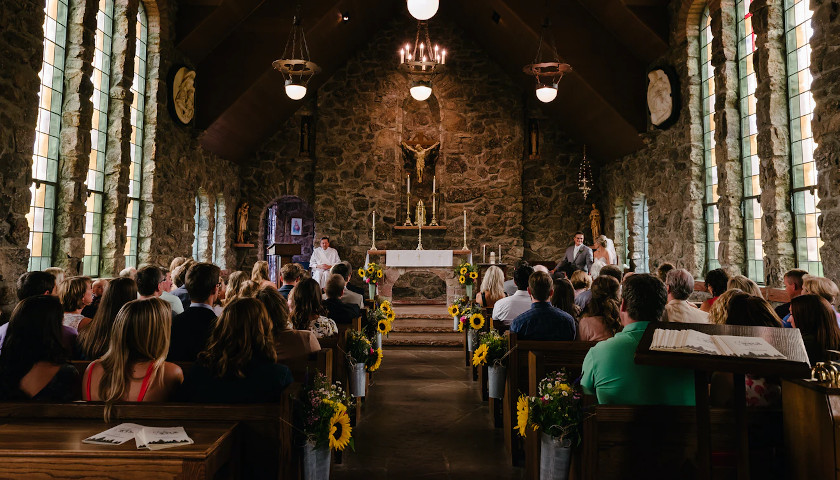Reflecting on the unfolding disaster that is our social and political life in the United States during the consulship of Biden, I cannot help but think of Aristotle’s description of the structure of Greek tragedy. Obviously, the parallels are not exact. For one thing, tragedy as Aristotle understood it was a quick affair, its action over within a single day. Our national tragedy, by contrast, seems to lumber on indefinitely.
Then there is the question of the character of the protagonist. Aristotle’s chap is “a man who is not eminently good and just, yet whose misfortune is brought about not by vice or depravity, but by some error or frailty.” Sound like Joe Biden? Almost, maybe, but not really. Rudy Giuliani was not talking through his hat when he invoked the specter of the “Biden crime family,” as the words “laptop,” “China,” and “10 percent for the big guy” remind us.
There are many other differences between tragedy in Aristotle’s sense and the disaster we are suffering through. Still, when I think about the development Aristotle traces from ἁμαρτία (the tragic flaw) through ἀναγνώρισις (recognition) to περιπέτεια (the sudden reversal of fortune) to καταστροφή, the “catastrophe” that ties up the loose ends and consummates the action, I think “We’re somewhere on that road,” though exactly where is hard to say. Have we achieved the enlightenment of recognition yet? I am not at all sure about that.
Read More

